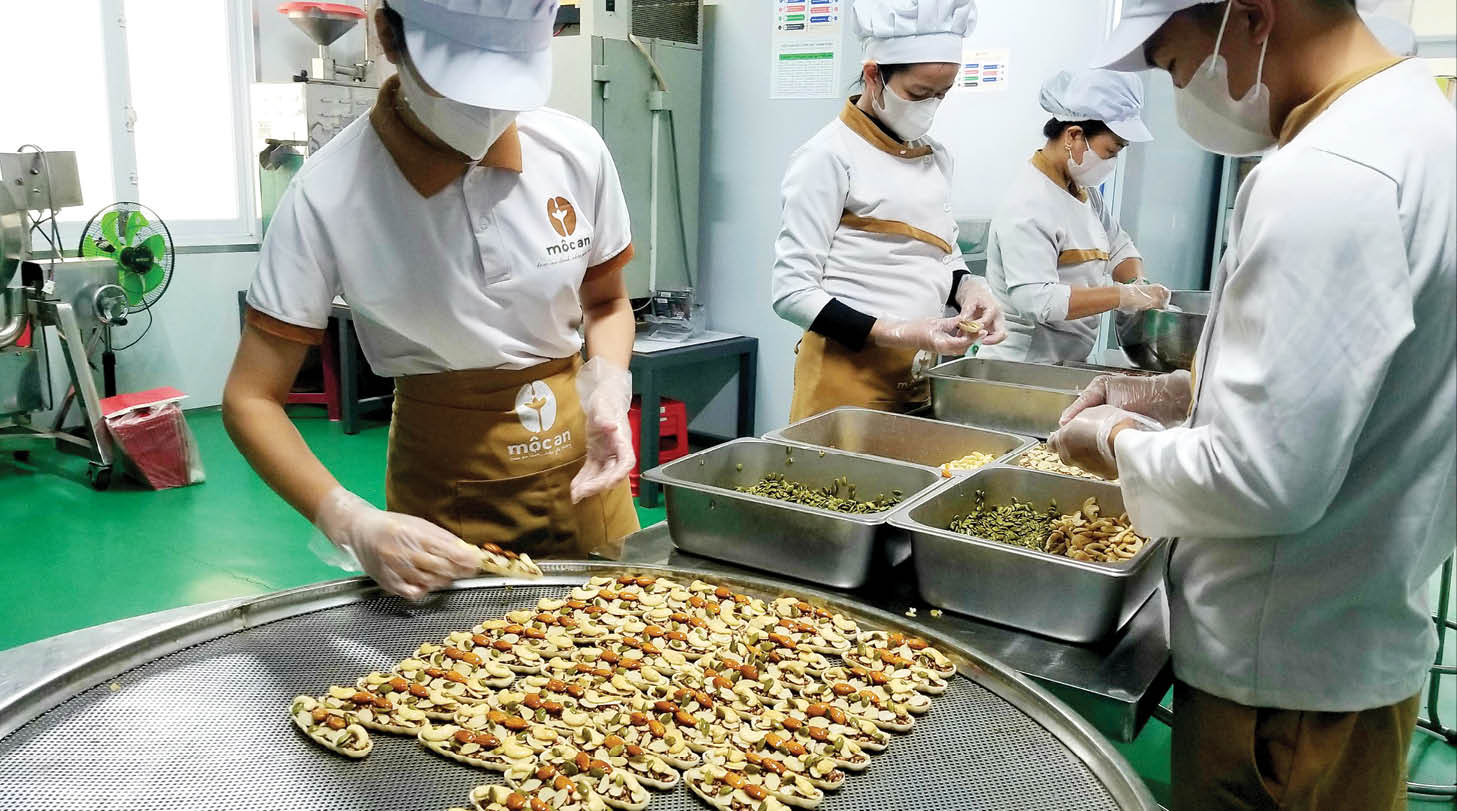 |
| Moc An's startup product lines are constantly innovating and creating to meet market demands. |
Bright spots interspersed with low notes
Since the Government issued Decision 844/QD-TTg on May 18, 2016, on supporting the national innovation and startup ecosystem, Hue has quickly implemented various policies. Notable examples include the "Ancient Capital Startup" project for the period 2021-2025, with a vision to 2030; resolutions of the Provincial People's Council (now the City People's Council) supporting finance, technological innovation, and intellectual property development; and the establishment of the Innovation and Startup Investment Fund in 2019. These are important foundations that have helped Hue shape its innovation and startup ecosystem.
In terms of infrastructure, many support centers and spaces have emerged: the Hue University Entrepreneurship and Innovation Center, the Entrepreneurship and Innovation Center under the Institute for Development Research, entrepreneurship clubs, incubators in educational institutions and businesses, etc. The project to build the Hue City Entrepreneurship and Innovation Center has been approved and is being implemented with the expectation of forming an internationally standardized information technology complex, attracting high-quality human resources.
Hue also organizes many regional and national-level competitions and events to introduce and promote innovative startup products. The city-level innovative startup competition, held continuously for the past nine years, has attracted over 500 ideas and projects, with 81 outstanding projects and ideas receiving awards, resulting in the formation of 58 startup businesses. Several early and mid-generation startups such as Hue Beef Noodle Soup Spices, Ancient Shoes, Truly Hue's Wood, Marie's - Hue's Palm Grass, Maypaperflower, Hue Pressed Cakes - Hue One Food, Green Alliance… have initially made their mark, exploiting local values to commercialize their products.
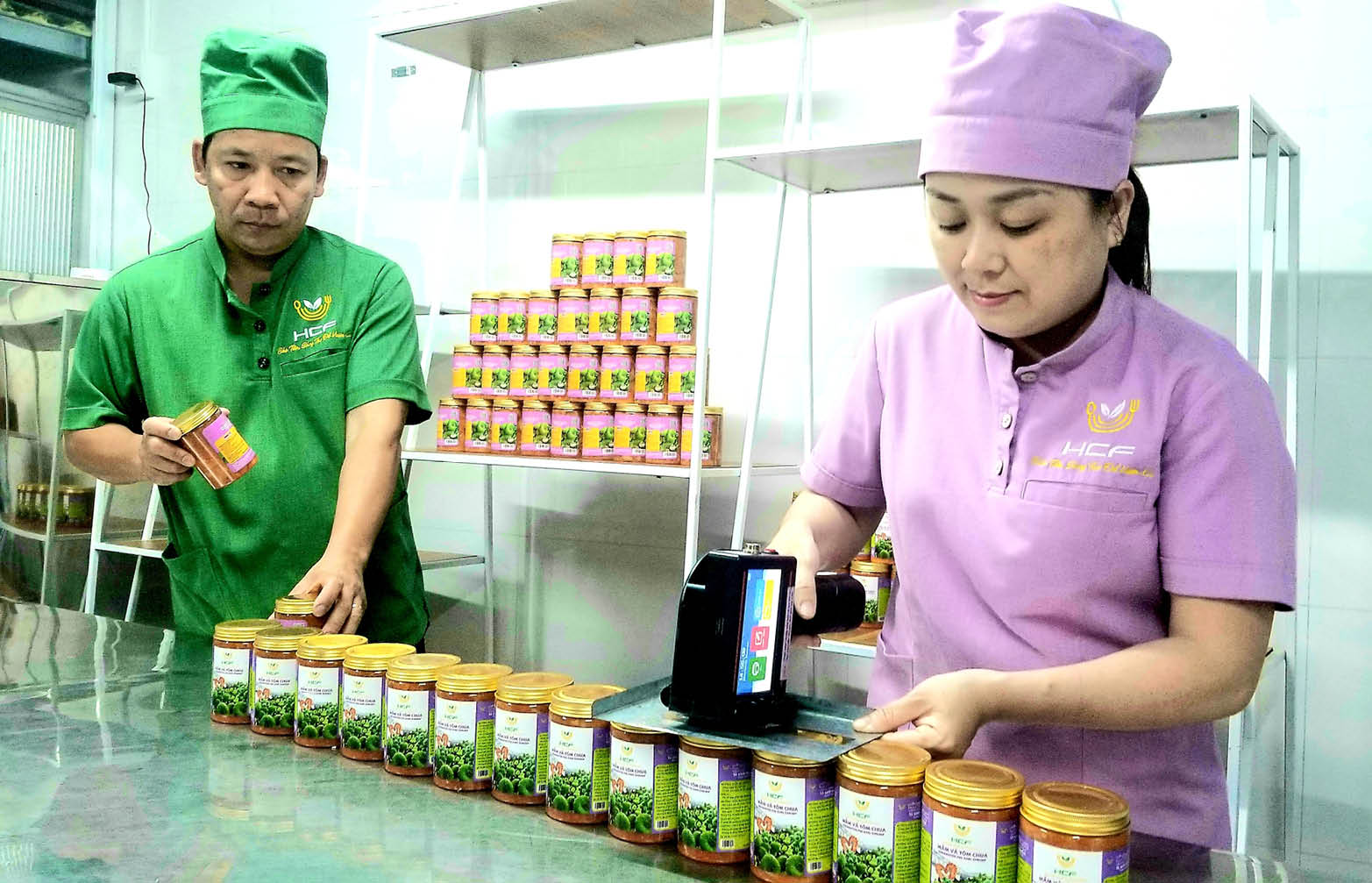 |
| Startup products made from figs in Hue are being innovated and improved to capture a wider market share. |
Hue is a pioneering locality in promoting innovation and entrepreneurship in Central Vietnam and has quickly formed an ecosystem with many components: co-working spaces, incubators, a community of young startups, and the support of universities, businesses, and managers... However, after a vibrant start, entrepreneurship in Hue is now stagnating. According to statistics from the Department of Science and Technology, the percentage of projects that go into practice is only about 11.5%. Many projects, after receiving awards, have "sunk" due to a lack of management skills, insufficient capital, and an unstable market.
Mr. Nguyen Xuan Son, Director of the Department of Science and Technology, frankly acknowledged: "We have policies, infrastructure, and a movement, but if we don't exploit and develop them effectively, the startup ecosystem still cannot take off. The important thing is to look at the reality correctly, without idealizing or being unrealistic, only then can we make changes and achieve breakthroughs."
We need something more substantial and with stronger connections.
A major limitation currently is the lack of cohesion among the various components of the ecosystem in Hue: universities, research institutes, businesses, and managers. Many startups are still struggling with the idea stage, their products lack real differentiation, and there are few high-tech projects. The majority are still agricultural products, processed goods, and the exploitation of local resources. The application of scientific research, inventions, and intellectual property to startups remains limited. The lack of venture capital funds and supporting financial institutions makes it difficult for projects to access funding, especially in the initial stages.
Mr. Truong Thanh Hung, Vice Chairman of the National Council for Innovation and Entrepreneurship, shared that for startups to succeed, they must dare to try and accept initial risks. They shouldn't stop at the prototype stage or a competition. The important thing is to create a product with real value, commercial viability, and market expansion potential. Each startup should be prepared to outline its stages and roadmap, such as a five-year transition period for innovation. Only then will entrepreneurship bring about experiences, innovation, and produce products that make a practical contribution to society.
From a business perspective, many early-generation startups also acknowledge that the entrepreneurial journey in Hue is not easy. A representative from Hue Beef Noodle Soup Spices stated that, although the product is associated with traditional specialties and has garnered attention, expanding the market and building a sustainable brand requires larger capital, distribution channels, and especially demands that each startup constantly reinvent itself and take initiative, rather than simply relying on government policies. The founder of the startup Giay Xua (Ancient Shoes), Ms. Nguyen Ngoc Quynh Anh, also believes that many startups are facing difficulties in accessing the market. Therefore, in addition to proactiveness, creativity, and enhancing the value of the product, collaboration among stakeholders is also necessary.
In the future, Hue aims to build a digital platform to connect startup activities, research the formation of a venture capital fund, and establish a support center under the city's People's Committee. However, success depends on the collaboration between the government, universities, and businesses.
According to Mr. Nguyen Xuan Son, Hue's innovation and startup ecosystem needs to change towards quality and sustainability. It's time to move beyond mere trends and create strong connections, embrace innovation, and foster conditions for bold ideas, especially those related to digital technology, to develop tangible products that can conquer the market. More importantly, it's crucial to attract startups and investors from other regions to Hue. Only then can Hue truly break through and become a shining example of innovative entrepreneurship in Central Vietnam and the entire country.
Source: https://huengaynay.vn/kinh-te/khoi-nghiep/he-sinh-thai-khoi-nghiep-doi-moi-sang-tao-o-hue-chua-but-pha-157490.html


![[Image] Leaked images ahead of the 2025 Community Action Awards gala.](/_next/image?url=https%3A%2F%2Fvphoto.vietnam.vn%2Fthumb%2F1200x675%2Fvietnam%2Fresource%2FIMAGE%2F2025%2F12%2F16%2F1765882828720_ndo_br_thiet-ke-chua-co-ten-45-png.webp&w=3840&q=75)
![[Photo] Prime Minister Pham Minh Chinh receives the Governor of Tochigi Province (Japan)](/_next/image?url=https%3A%2F%2Fvphoto.vietnam.vn%2Fthumb%2F1200x675%2Fvietnam%2Fresource%2FIMAGE%2F2025%2F12%2F16%2F1765892133176_dsc-8082-6425-jpg.webp&w=3840&q=75)
![[Photo] Prime Minister Pham Minh Chinh receives Lao Minister of Education and Sports Thongsalith Mangnormek](/_next/image?url=https%3A%2F%2Fvphoto.vietnam.vn%2Fthumb%2F1200x675%2Fvietnam%2Fresource%2FIMAGE%2F2025%2F12%2F16%2F1765876834721_dsc-7519-jpg.webp&w=3840&q=75)


![[Live] 2025 Community Action Awards Gala](/_next/image?url=https%3A%2F%2Fvphoto.vietnam.vn%2Fthumb%2F1200x675%2Fvietnam%2Fresource%2FIMAGE%2F2025%2F12%2F16%2F1765899631650_ndo_tr_z7334013144784-9f9fe10a6d63584c85aff40f2957c250-jpg.webp&w=3840&q=75)
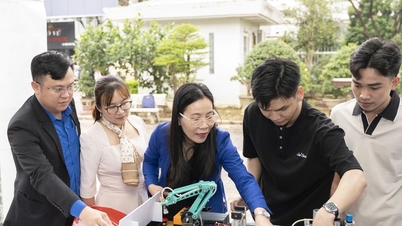




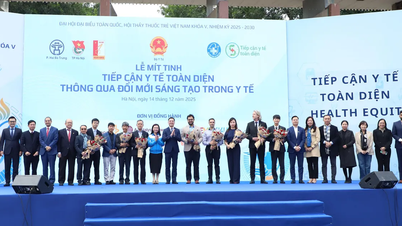


























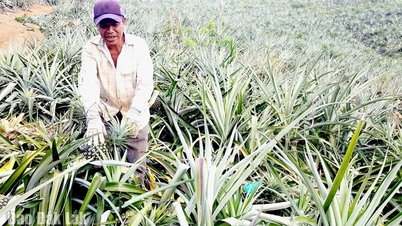






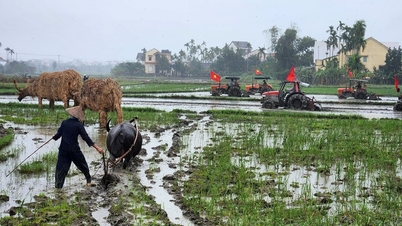




































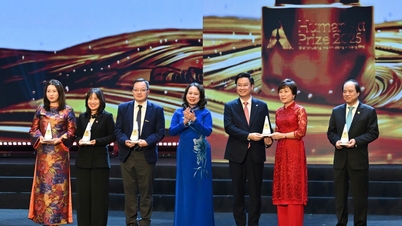
























Comment (0)